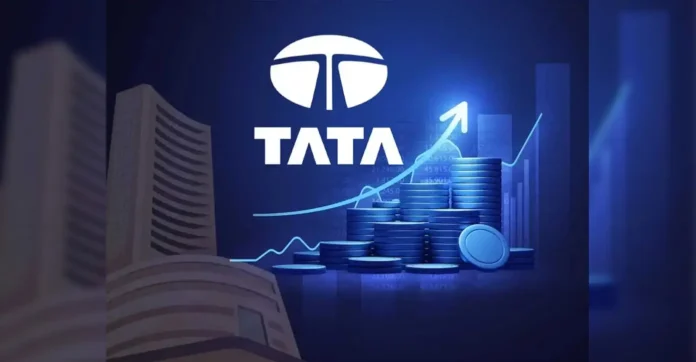
India’s largest industrial conglomerate, the Tata Group, has initiated a transformative shift in its operational approach, marking a departure from its traditional business practices. Following the passing of former chairman Ratan Tata, the group is embracing a new financial and operational model that underscores autonomy and self-reliance for its various ventures.
A key aspect of this new strategy involves Tata Sons, the group’s holding entity, instructing its companies to independently manage their debts and liabilities. Notably, newer businesses such as Tata Digital, Tata Electronics, and Air India have been directed to handle their financial obligations without relying on cross-default clauses or comfort letters previously provided to lenders. This marks a departure from legacy practices and reinforces a model of financial independence across the conglomerate.
In communication with banks, Tata Sons has made it clear that the group will no longer offer comfort letters or similar guarantees. Instead, capital allocation for new ventures will be streamlined through equity investments and internal funding mechanisms. Within each business category, the leading listed company will now act as the holding entity, ensuring financial and operational self-sufficiency.
This strategic pivot aligns with Tata Sons’ decision last year to relinquish its registration certificate with the Reserve Bank of India (RBI). The group repaid loans exceeding ₹20,000 crore to maintain its unlisted status, underscoring its commitment to internal resource utilization. Moving forward, funding for newer ventures is expected to be predominantly sourced from Tata Consultancy Services (TCS), the group’s flagship entity. TCS’s robust dividend payouts and financial contributions are poised to play a pivotal role in sustaining the group’s growth trajectory.
The shift in financial management is anticipated to have minimal impact on the group’s established listed companies, including Tata Steel, Tata Motors, Tata Power, and Tata Consumer Products. These entities already operate with independent capital management structures. However, the change may influence the dynamics of holding companies where Tata Sons holds significant stakes, as banks have historically extended loans to these companies based on Tata’s equity strength rather than explicit guarantees.
By emphasizing financial autonomy and leveraging internal equity resources, the Tata Group aims to enhance operational efficiency and sustainability. This redefined approach represents a significant evolution in the group’s strategic direction, ensuring that it remains competitive and adaptable in a rapidly changing global business environment.




